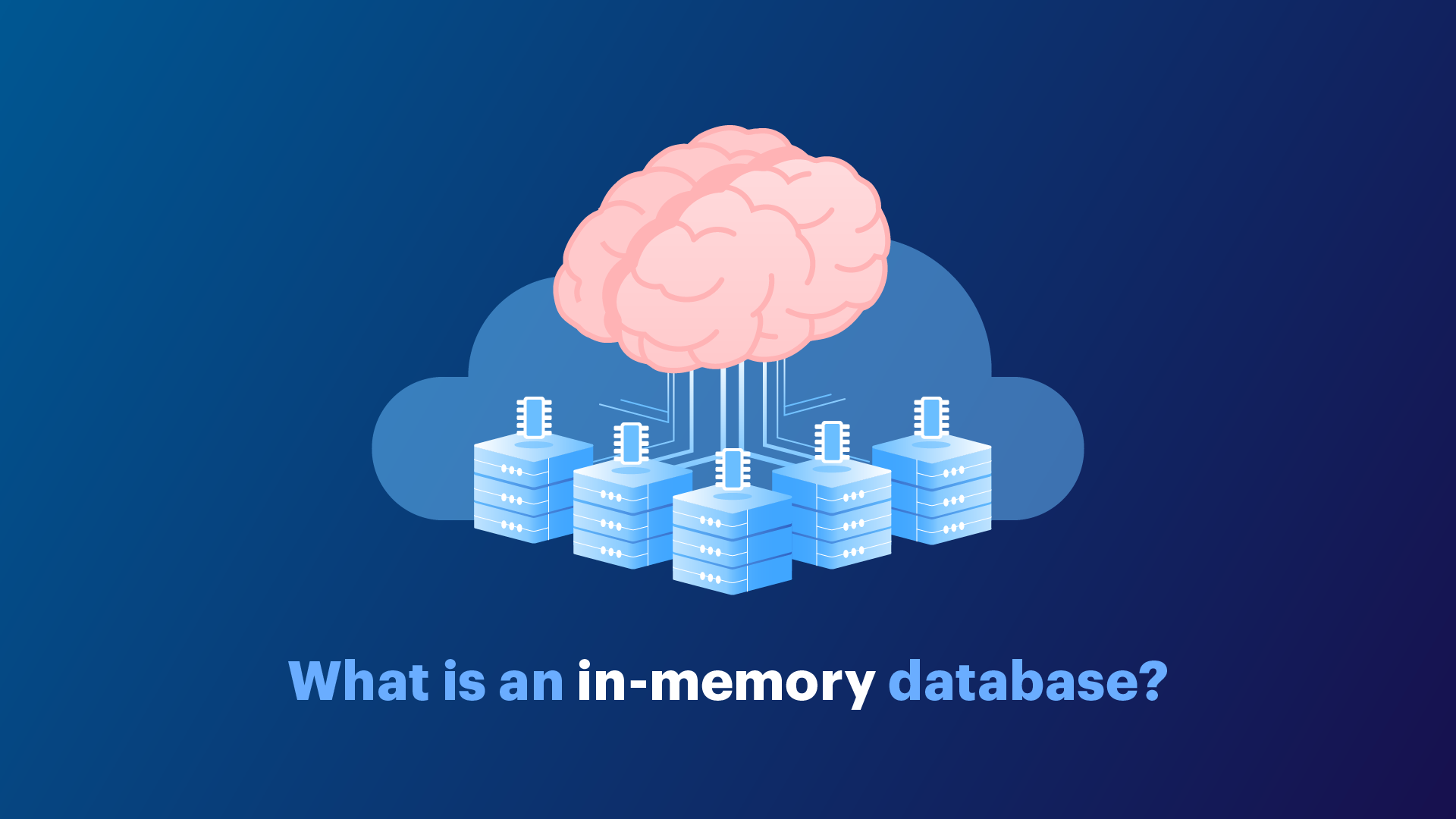In-Memory Database: Transforming Real-Time Data Management

In-memory databases (IMDBs) have emerged as a revolutionary technology in the field of data management, offering high-speed data processing and real-time analytics. Unlike traditional disk-based databases that store data on physical storage drives, in-memory databases keep data in the system’s main memory (RAM). This approach significantly reduces data retrieval time, allowing organizations to process complex queries and transactions at unprecedented speeds. By eliminating the latency associated with disk I/O operations, in-memory databases have become critical for applications requiring instant access to large datasets.
The primary advantage of in-memory databases lies in their performance. Traditional databases often struggle with high transaction volumes and real-time analytics due to the slower read/write speeds of hard drives. In-memory databases, on the other hand, can handle millions of transactions per second, making them ideal for industries such as finance, telecommunications, e-commerce, and healthcare. For example, financial institutions rely on IMDBs for real-time fraud detection and high-frequency trading, where every millisecond counts. Similarly, e-commerce platforms use in-memory databases to provide instant product recommendations and dynamic pricing strategies.
Scalability and flexibility are also key features of modern in-memory databases. Many IMDB solutions offer hybrid architectures, where frequently accessed data is stored in memory while less critical data remains on disk. This approach ensures optimal memory utilization and cost efficiency. Furthermore, in-memory databases support various data models, including relational, key-value, document, and graph, enabling organizations to implement diverse applications ranging from transaction processing to analytics and machine learning.
The rise of cloud computing has further accelerated the adoption of in-memory databases. Cloud-based IMDB services offer organizations the ability to scale resources dynamically, reducing the need for heavy upfront investments in hardware infrastructure. With built-in high availability and disaster recovery features, cloud in-memory databases ensure continuous operations even in the event of hardware failures. Additionally, advanced features like in-memory caching, data compression, and parallel processing enhance performance while optimizing resource utilization.
Security and reliability remain crucial considerations in the deployment of in-memory databases. Organizations must implement robust encryption, access control, and backup mechanisms to protect sensitive data stored in volatile memory. Many leading IMDB solutions offer persistent storage options and automatic snapshots, ensuring that data integrity is maintained even during power outages or system crashes.
Source - https://www.marketresearchfuture.com/reports/in-memory-database-market-4882
In-memory databases represent a significant evolution in data management, providing organizations with the speed, scalability, and flexibility required for modern business operations. By keeping data in RAM and leveraging advanced processing techniques, IMDBs enable real-time analytics, faster transaction processing, and improved decision-making. As digital transformation continues to reshape industries, the adoption of in-memory database technologies is expected to grow, driving efficiency, agility, and innovation across enterprises worldwide.

- News & Current Events
- Arts & Culture
- Causes
- Technology & Gadgets
- DIY & Crafts
- Business & Finance
- Dance
- Travel & Leisure
- Drinks
- Lifestyle
- Film
- Fashion & Beauty
- Home & Gardening
- Fitness
- Education & Learning
- Food & Cooking
- Games
- Science & Environment
- Gardening
- Entertainment
- Health & Wellness
- Personal Development
- Home
- Motivation
- Literature
- Music
- Parenting & Family
- Networking
- History & Philosophy
- Other
- Automotive
- Party
- Opinion & Commentary
- Religion
- Shopping
- Sports
- Theater
- Wellness
- Trends


